Innovation Centre Denmark Seoul: Dansk-koreansk samarbejde i den maritime sektor skal for alvor vende klimaskuden
Munich is the capital of Bavaria and home to two world leading universities and many other top research institutions. Munich has a strong innovation ecosystem, emerging, among other things, from the industry 4.0. Automation, life sciences and breakthrough technological innovations are what make academia and entrepreneurship prosper in this Southern German capital.
I am a 45-year old Dane with a German minority background from Southern Denmark, and for the previous nine years I have worked as a National Contact Point for the European programme for Science and Innovation, Horizon Europe, at the Danish Agency for Higher Education and Science in Copenhagen. It has been such a pleasure to work with people from the Danish science- and innovation ecosystem, helping them find the right channels to support them in their project development. And, it has been exciting being able to work across Europe and beyond with Brussels as epicenter.
I have also worked with regional development in a Danish region for six years. I studied comparative literature at the University of Copenhagen with an Erasmus exchange at the Humboldt University in Berlin.
What motivated you to apply for the position as science and innovation attaché in Munich?
Apart from an always inherent “Fernweh”, Munich looked to me to be the perfect opportunity to combine my work experience within the Danish science and innovation ecosystem with my German speaking background. I am motivated by immersing myself into new fields of knowledge and finding the right people to cooperate with to make a lasting impact.
What has been the biggest change for you in your professional and private life?
Going from a role as national contact point to being a science and innovation attaché in a new country means having to build up new knowledge and a new network, while attempting to maintain the already established network. This is a real and very exciting challenge.
And, of course, it is a big change for the family to move to a different country, changing the well-known Danish school and friends to a new English speaking school and to adapt to an albeit neighbouring, but different culture.
What will you miss the most in Denmark – professionally and personally?
I miss my good colleagues and friends in my former job and having a network of people who know what I stand for. And personally, it is a big commute to see family and friends, even though it is the innovation centre closest to Denmark.
Fortunately, I already have good new colleagues here in Munich – and some family close by. Besides, some of our friends are already planning to visit!
What do you look forward to the most in your new job?
I look forward to getting to know more of the people I will work with in my time here as science and innovation attaché and to gain a deeper insight into the fast-developing Munich and Bavarian innovation ecosystem. I am excited to create great opportunities for the Danish ecosystem to network and establish useful contacts and knowledge from the German ditto.
Forventningerne til et dansk kommercialiseringseventyr
TAU Ventures rejse fra 2018 til nu viser, at universiteter og venture fonde i en stærk koalition har potentialet til at få forskningsresultater kommercialiseret og introduceret i markedet inden for en kort tidslinje til gavn for samfundets innovationskapacitet, hyper growth for helt spæde start-ups med et samlet perspektiv mod nye arbejdspladser og øget eksport.
ICDK Tel Aviv ser et stort potentiale ved at lære af erfaringer fra Israel. For et par år siden var de danske universiteters tech-transkontorer på besøg i Israel for at lære af de israelske universiteters evne til at kommercialisere.
Forskellen på Danmark og Israel er til at føle på, når man ser statistikken for, hvor mange start-ups der etableres per år. Danmark er foregangsland, når det kommer til etablering af åbne innovationsplatforme, såsom DTU’s Skylab og AU’s The Kitchen. Her søger israelerne inspiration i Danmark. Træning, metoder og vejledning, samt muligheden for at universitetsstuderende kan integrere iværksætteriforløb som en del af deres universitetsstudie, er unik ved den danske tilgang til universitetsiværksætteri. Den israelske erfaring tilsiger dog, at der skal cool cash på bordet for at få sparket selve kommercialiseringsprocessen rigtigt i gang. Vi ser etableringen af UCPH Venture som et skridt i denne retning og vil gerne kvittere med et Mazel Tov fra Israel! På denne måde formår universitetet at indtage en vigtig og helt afgørende rolle for bedre at kunne gå fra idéudvikling til konkret produkt på det kommercielle marked med udgangspunkt i det danske innovationsøkosystem.
Blogindlægget er skrevet af Lasse Vinther-Grønning. Adm. Direktør og Ann-Christina Lange, Forsknings- og innovationsattaché ved ICDK Tel Aviv.

